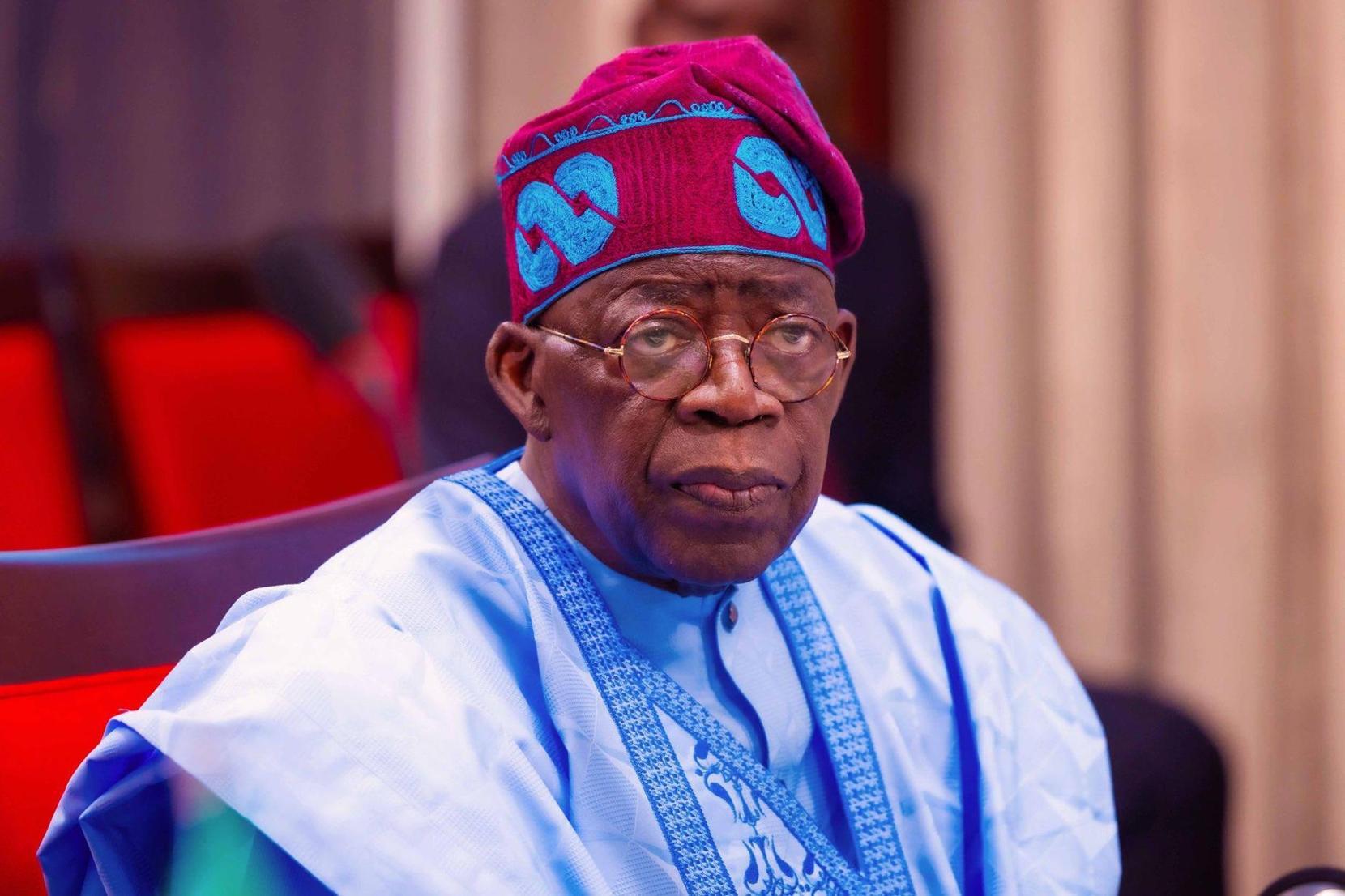By Abba Hamisu Sani
Africa-Press – Nigeria. Many Nigerians have expressed concern over the manner in which President Bola Ahmed Tinubu is making federal appointments, describing them as lopsided—particularly in key economic sectors such as the Central Bank of Nigeria, the Federal Inland Revenue Service, the Nigeria Customs Service, the Police Force, and most recently, the Nigerian National Petroleum Company (NNPC), with the appointment of its Group Managing Director (GMD).
Some political observers argue that these appointments do not reflect national interests but instead favor President Tinubu’s close political allies.
Ndume Criticizes Tinubu’s Appointments
Senator Ali Ndume, representing the Borno South Senatorial District, is among those voicing strong criticism.
He accused President Tinubu of violating the constitutional principle of federal character in his political appointments and warned of the risks posed by increasing ethnic imbalance in the current administration.
Speaking in an interview with Arise News TV, Ndume emphasized that President Tinubu had breached Section 14(3) of the 1999 Constitution, which mandates an equitable distribution of government positions to reflect Nigeria’s diverse ethnic composition.
He noted, “Section 14(3) of the Constitution is very clear.”
The Imperative of Adhering to the Federal Character Principle
The lawmaker stressed that the principle of federal character is not optional but a constitutional obligation designed to promote national unity and inclusion.
“The Constitution clearly states that appointments, especially political ones, should reflect the federal character. That is not the case in the present administration,” he added.
The Senator warned that continued disregard for balanced representation could have serious consequences.
“All I’m doing is calling Mr. President’s attention to these infractions so they can be corrected; otherwise, these issues could backfire,” he cautioned.
Clarifying his stance, Ndume emphasized that his remarks were not a personal attack on President Tinubu but part of his constitutional duty as a legislator.
“People see me as someone critical of the government, and I have the right to be, because I’m in the National Assembly to provide oversight and point out irregularities. It’s not personal,” he said.
Anticipating backlash, Ndume remained defiant, stating he was prepared for criticism.
“After this interview, attack dogs will come after Ndume—not the message. But as a Nigerian, I have the right to speak up, a right guaranteed by the Constitution,” the Senator declared.
His remarks have reignited the debate over inclusivity in national leadership and renewed concerns about ethnic favoritism in federal appointments.
Federal Government Reacts
In response to Senator Ndume’s accusations, the Federal Government reiterated its commitment to national unity and fair representation.
In a statement signed by Segun Imohiosen, Director of Information and Public Relations at the Office of the Secretary to the Government of the Federation (SGF), the government rejected claims of bias.
The statement categorically refuted the allegations and emphasized the government’s unwavering commitment to the principles of fairness, equity, and national unity.
The SGF’s office maintained that all appointments are made in strict adherence to the federal character principle as enshrined in Section 14 of the 1999 Constitution.
The statement further asserted that President Bola Ahmed Tinubu strongly believes in the unity of Nigeria and is guided by the ideals of fairness and justice in all appointments.
The administration, it noted, is committed to ensuring that all regions and demographics are adequately represented in national institutions and agencies.
The government urged Nigerians to disregard unfounded speculations and rely on official sources for accurate information.
It added that the government remains steadfast in its pursuit of a prosperous, united, and equitable Nigeria in line with the Renewed Hope Agenda and warned that those spreading baseless allegations aimed at inciting disunity should not be taken seriously.
Bwala Defends Tinubu’s Appointments
Daniel Bwala, Special Adviser to President Tinubu on Media and Policy Communications, also defended the President’s appointments.
Speaking on Channels Television, Bwala insisted that Tinubu’s choices were strategic, not tribalistic.
He addressed Senator Ndume’s claims that the President was favoring the Yoruba ethnic group, stating that Northern Nigeria—most affected by insecurity—has been prioritized in security-related appointments.
He pointed out that the Chief of Defence Staff, the Minister of Defence, and the Minister of State for Defence are all from the North, demonstrating that appointments were made with national security in mind.
He also explained that the appointment of individuals from southern Nigeria was driven by economic considerations.
“Where are the bases for the commercial nerve centers of the country? Southern Nigeria. So it makes sense to appoint people who have a deep understanding of the region,” the presidential aide said.
Bwala emphasized that the current appointments are only the beginning, and that more Nigerians from diverse backgrounds will be included in the government.
“In terms of the general spread of appointments, we have over 7,000 positions to fill. Even the list of ambassadors hasn’t been released yet. Many more people will be brought into government,” Bwala added.
Conclusion
Regardless of the differing perspectives, it is important for President Tinubu to accept constructive criticism—whether it comes from members of his own party like Senator Ndume or from the opposition.
Addressing any imbalances in federal appointments would not only strengthen his administration but also foster greater national unity.
Efforts by presidential aides and government offices to downplay these concerns cannot replace the need for a balanced and inclusive government. Listening to feedback and making the necessary adjustments will better serve the goal of building a united Nigeria.
The unity of the nation must take precedence over political considerations that risk deepening divisions among its people.
For More News And Analysis About Nigeria Follow Africa-Press







